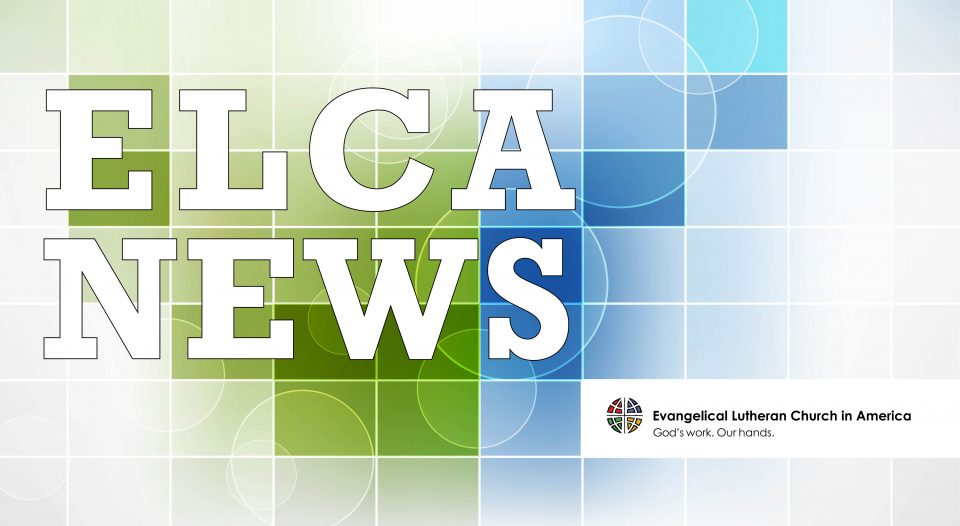ELCA Presiding Bishop Elizabeth A. Eaton joined more than 100 Lutheran leaders, ELCA members and international partners in Washington, D.C., March 27-29 for the 2017 Advocacy Convening. The gathering, organized by ELCA Advocacy and Lutheran Immigration and Refugee Service, focused on issues surrounding welcoming and protecting refugees and migrant children and families.
“As Lutherans, we affirm our faith is active in a love that calls for justice in the relationships and structures of society,” said the Rev. Amy Reumann, director for ELCA Advocacy. “When we speak out as the church, we are embodying the love of God by tending to the hurts or needs of our neighbors by speaking to those with the power to enhance or to harm their well-being.”
“As disciples of Jesus living in a democracy, we are called to participate in the political process as citizens,” said the Rev. Jon Anderson, bishop of the ELCA Southwestern Minnesota Synod. “I am thankful for the recent opportunity to learn more about the work of welcoming and protecting people who are refugees and to speak with government leaders from the Senate, House of Representatives and administration about our concerns that we maintain our welcome for people who have faced terrible trouble and lost their homes.”
Rabbi David Saperstein, senior adviser for policy and strategy at the Union for Reform Judaism, delivered the keynote speech during the convening’s opening worship. Saperstein told those gathered that no one should underestimate the power of the religious community working together to address social justice issues.
“If there’s one thing that religion has contributed to the cause of justice … [it] is the ability to see and to lift-up the human face. To lift-up and put a human face on what suffering and injustice means. Working together, we have done extraordinary things,” said Saperstein.
During meetings on Capitol Hill, participants urged members of Congress to ensure the full and continued operation of the refugee resettlement program and to support compassionate policies that provide immediate protection for families from Central America.
“We had a unique opportunity to gather with other Lutherans from across the United States to visit with our elected officials advocating for welcoming refugees and protection of migrants. As we heard from Rabbi David Saperstein, Scripture is not concerned with how people got to this land but how were they treated once they arrived,” said the Rev. Rafael Malpica Padilla, executive director, ELCA Global Mission.
Conversations with elected officials and their staffs also included requests for Congress to consider robust support for the International Affairs Budget, which funds critical humanitarian and poverty-focused programs addressing the root causes of forced migration.
“Sometimes I hear from Lutherans concerned that visits or letters to Congress violate the constitutional separation of church in state, said Anderson. “This is a misunderstanding of the First Amendment, that sets forth that government will not found or favor one religion over others and that individuals are free to exercise their beliefs and rituals. This ‘first freedom’ makes it possible for faith groups to engage in advocacy as an expression of their core beliefs.
“One of our speakers said, ‘Practice advocacy. Practice makes easy.’ With humility and courage, we practice our faith when we practice advocacy, giving voice to our values and thoughts about the best policies to work for the greater good of all our neighbors,” Anderson added.




